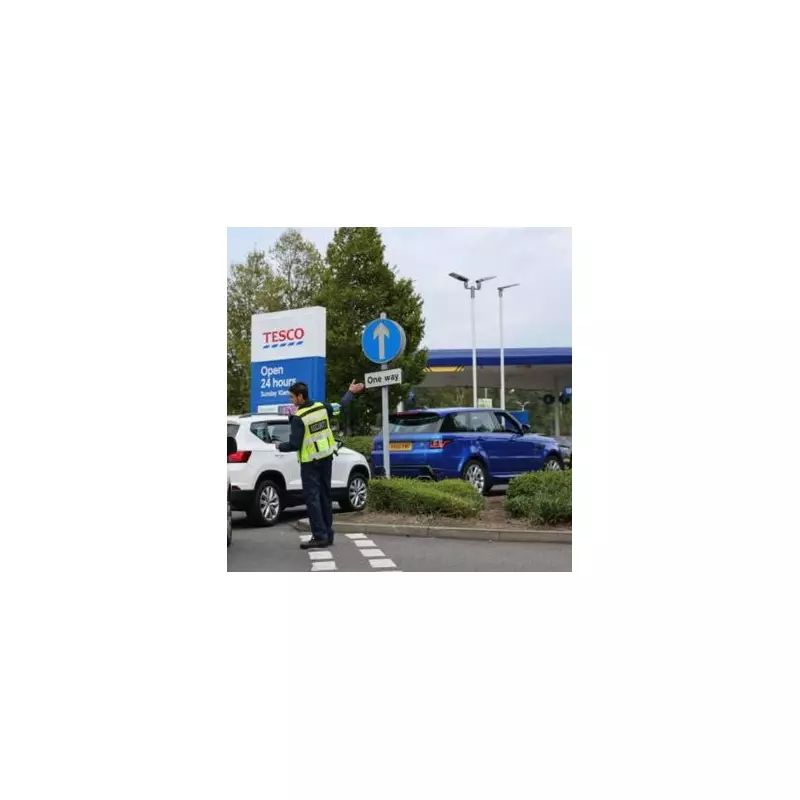
British motorists could be facing a dramatic shake-up in vehicle taxation if Labour follows through with proposed reforms to the current system. The party's potential overhaul of Vehicle Excise Duty (VED) threatens to deliver an unwelcome surprise to millions of drivers across the country.
The End of Flat-Rate Road Tax?
Under current Conservative plans, all petrol and diesel vehicles are set to move to a standard flat-rate tax from 2025. However, Labour appears poised to scrap this approach in favour of a more complex system that could see many drivers paying significantly more.
Who Would Be Most Affected?
The proposed changes are expected to target several key groups:
- Owners of luxury and high-performance vehicles
- Drivers of larger, less fuel-efficient cars
- Those with higher-emission petrol and diesel models
- Motorists in regions with limited public transport options
The Political Battle Over Motoring Costs
This potential policy shift comes amid growing political tension surrounding the future of motoring taxation. With the government's existing plan to standardise rates, Labour's alternative approach sets the stage for a fundamental disagreement about how drivers should contribute to road maintenance and environmental initiatives.
The timing is particularly sensitive as many households continue to struggle with the ongoing cost of living crisis. Additional motoring expenses could prove politically challenging for any party proposing them.
What This Means for Everyday Drivers
While specific details remain unclear, industry experts suggest the reforms could:
- Create multiple tax bands based on vehicle value and emissions
- Implement surcharges for premium and luxury models
- Maintain higher rates for traditional combustion engines
- Potentially offer relief for electric and low-emission vehicles
The Bigger Picture: Transport Policy in Transition
This potential tax overhaul forms part of a broader conversation about the future of transport funding in the UK. As electric vehicle adoption increases and fuel duty revenues decline, all political parties face the challenge of developing sustainable alternatives to fund road maintenance and transport infrastructure.
The coming months are likely to see intense debate about the fairest way to balance environmental goals, infrastructure needs, and the financial burden on motorists.
With a general election approaching, how political parties address the complex issue of motoring taxation could prove decisive for many voters who rely on their vehicles for work, family commitments, and daily life.





